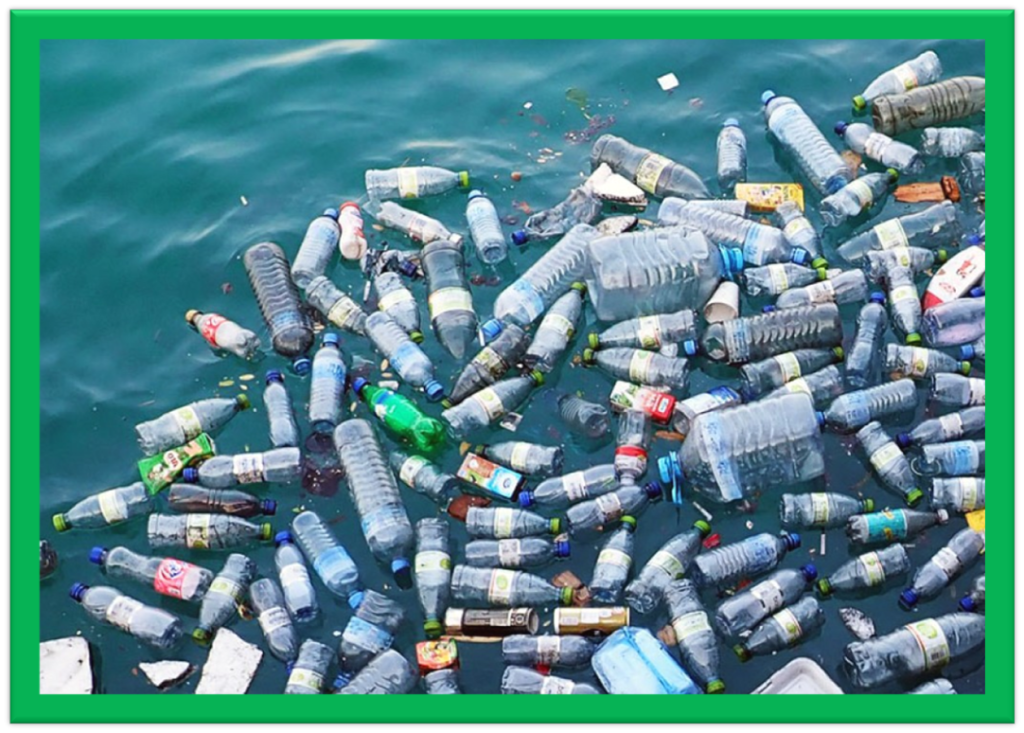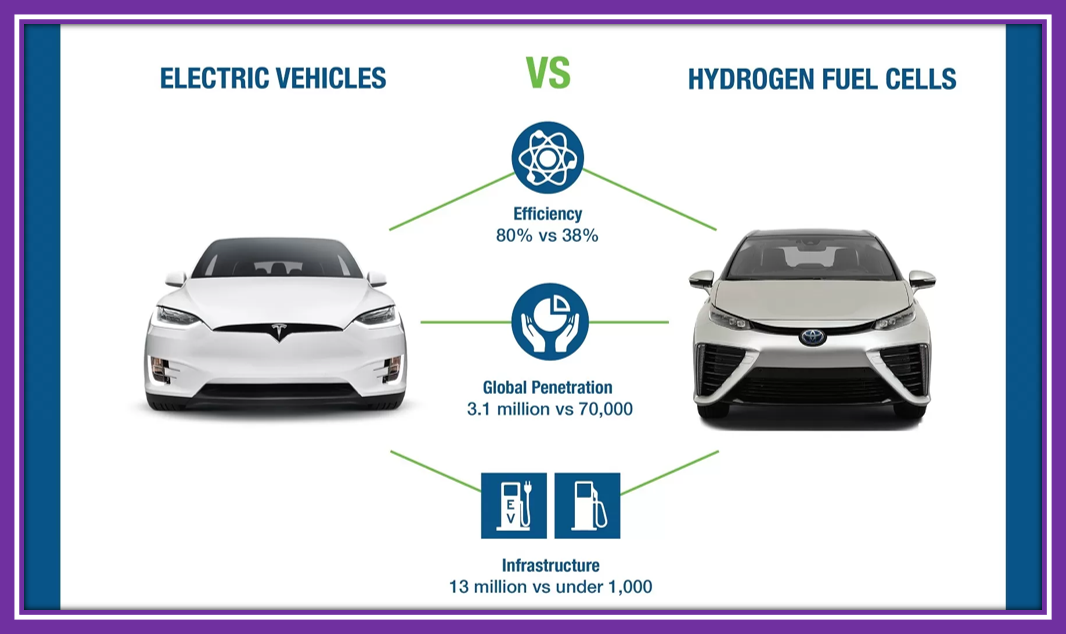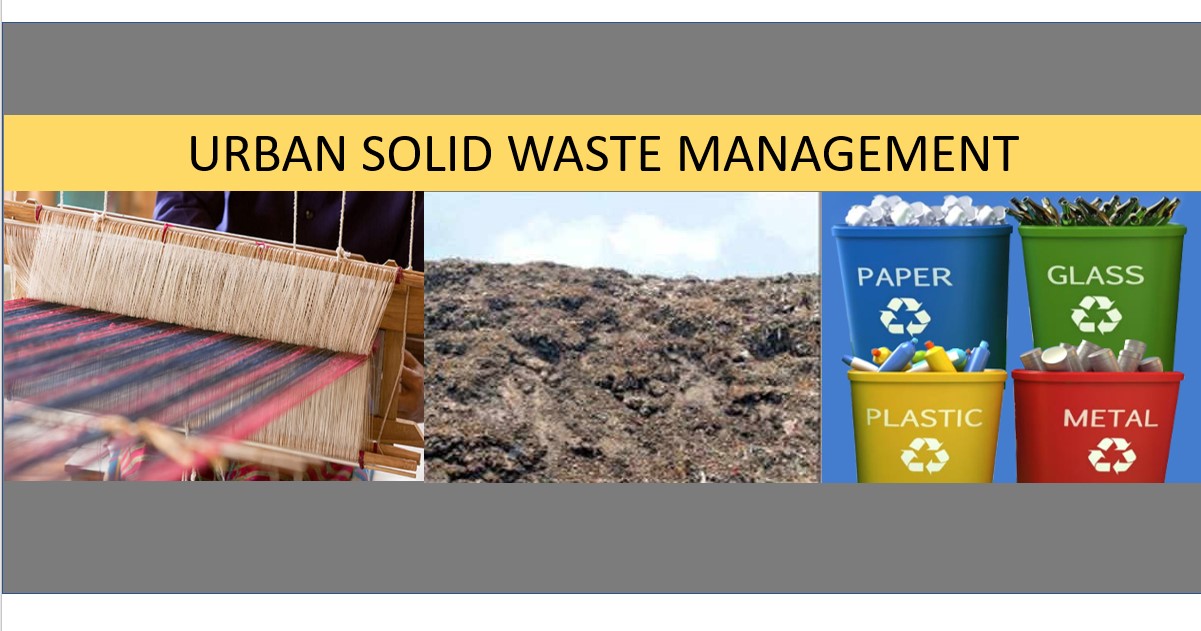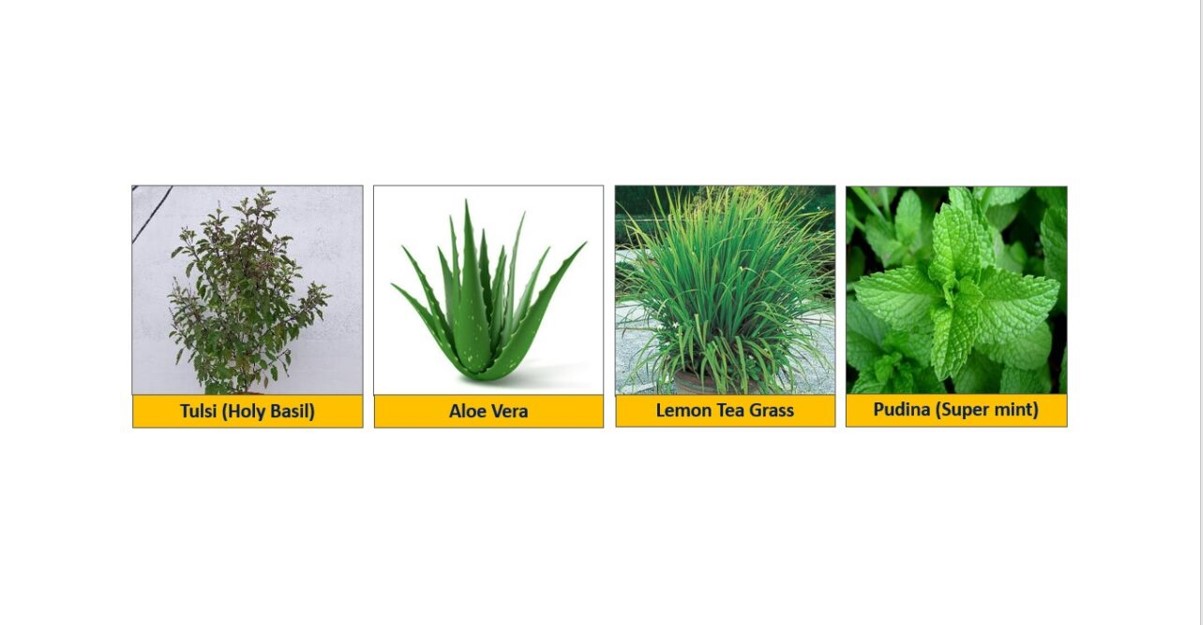
Plastic waste management has become a pressing issue in recent years, as the amount of plastic waste generated has skyrocketed. According to the United Nations, the world produces 300 million tonnes of plastic waste each year, with only 9% of that waste being recycled. The rest ends up in landfills or the environment, where it can take hundreds of years to break down, causing harm to wildlife and ecosystems.
To address this problem, there are several strategies that can be employed to manage plastic waste. One such strategy is reducing the amount of plastic waste generated in the first place. This can be achieved through initiatives such as plastic bag bans, using reusable containers instead of single-use plastic ones, and encouraging the use of biodegradable materials.
Another strategy is recycling. Many types of plastic can be recycled and made into new products, reducing the amount of waste that ends up in landfills or the environment. However, recycling rates vary widely depending on the country and region, and there are challenges to be addressed in the recycling process, such as the sorting and cleaning of different types of plastic.
In addition to reducing and recycling, there are also other methods of plastic waste management, such as waste-to-energy processes. These processes use the energy generated from burning waste to produce electricity, reducing the amount of waste that ends up in landfills and providing a source of renewable energy.
Another approach is to clean up existing plastic waste in the environment. This can involve efforts such as beach cleanups, removing plastic waste from waterways, and using new technologies such as plastic-eating bacteria to break down plastic waste.
Finally, it is important to raise awareness about the issue of plastic waste and its impact on the environment. This can be done through educational initiatives, campaigns, and advocacy work, encouraging individuals and businesses to take action to reduce their plastic waste.
In conclusion, plastic waste management is a complex issue that requires a multi-faceted approach. By reducing, recycling, and properly disposing of plastic waste, we can mitigate its impact on the environment and work towards a more sustainable future.
Plastic waste recycle techniques
There are several plastic waste recycle techniques that can be used to process plastic waste and convert it into new products. Some of the most common techniques include:
- Mechanical recycling: This is the most common technique for recycling plastic waste. It involves melting down plastic waste and turning it into pellets or flakes, which can then be used to produce new plastic products.
- Chemical recycling: This technique involves breaking down plastic waste into its chemical components, which can then be used to produce new plastic products. Chemical recycling can be more energy-intensive than mechanical recycling, but it can be used to recycle plastics that are difficult to recycle using mechanical recycling methods.
- Pyrolysis: This technique involves heating plastic waste in the absence of oxygen, which breaks it down into smaller molecules that can be used to produce fuels or chemicals.
- Gasification: This technique involves heating plastic waste in the presence of oxygen, which converts it into a gas that can be used to produce electricity or heat.
- Biodegradation: This technique involves using microorganisms to break down plastic waste into natural compounds such as water, carbon dioxide, and methane. Biodegradation can be slow and is not suitable for all types of plastic, but it offers a promising solution for reducing the environmental impact of plastic waste.
Overall, plastic waste recycle techniques offer a promising solution to the problem of plastic waste. By converting plastic waste into new products, we can reduce the amount of plastic waste that ends up in landfills or the environment, conserving resources and reducing our environmental impact.
_______________ XXXXX ______________
Note: Above views are purely written based on my own individual experience through various industries & based on that above points have been came out. Also gone through various books & Reference sites before conclude. Hence before implementing, pls. review & decide whether it suits/align to your requirements or not.








